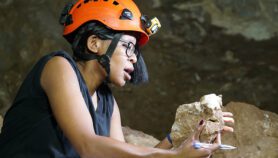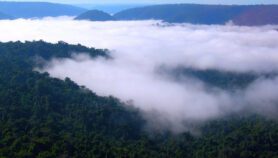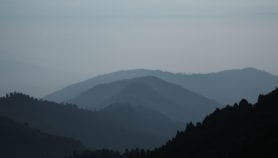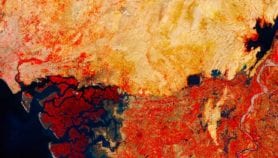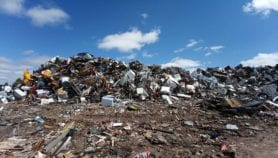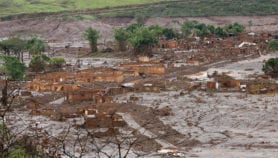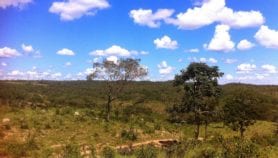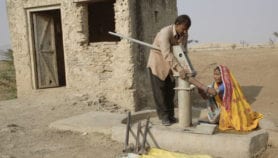Send to a friend
The details you provide on this page will not be used to send unsolicited email, and will not be sold to a 3rd party. See privacy policy.
[LONDON/KATHMANDU] Himalayan countries must set aside their differences and collaborate on science in order to avoid a common water crisis, says a report.
Environmental pressures, including those from climate change, could have unprecedented effects on the livelihoods of millions of people in the Hindu-Kush Himalaya region, according to the study, published by the UK-based Humanitarian Futures Programme, the Aon Benfield UCL Hazard Research Centre, and China Dialogue.
Yet scientific research is either non-existent or, where it exists, is not shared beyond a country’s borders, said the report, ‘The Waters of the Third Pole: Sources of Threat, Sources of Survival’. And scientists are failing to communicate what they do know to the public and policymakers, it added.
The Hindu-Kush Himalaya region provides water for one fifth of the world’s population including countries stretching from Pakistan to Myanmar.
"This region is a black hole for data," said Isabelle Hilton, editor of China Dialogue and a contributor to the report.
"Managing this water requires knowledge and cooperation," she said at the launch of the report last week (19 May) in the United Kingdom. But the region "lacks the institutions and in some cases the political will to address issues cooperatively".
History, diverse languages and cultures, and military conflicts are behind the lack of a concerted effort to study the waters, she said, and now "a multidisciplinary and collaborative approach is needed" to catch up. But this is not high on the public agenda, she said.
Stephen Edwards, an earth scientist and research manager at the Aon Benfield UCL Hazard Research Centre, called for more high-quality, peer-reviewed data.
"We need to understand problems before we know how to manage them," he said. But science itself is not enough, he added, "scientists have to interact with economists and policymakers — we need proper dialogue".
Andreas Schild, director general of the Nepal-based International Centre for Integrated Mountain Development, agreed with the report’s conclusions.
"Water is one of the most important resources," he said. "Traditionally there has been no free exchange of information on water discharge and this is practically still the case today.
"It is not just a concern between countries, but even within countries, as between the individual states of India.
"Researchers in all concerned countries are very interested in having cross-border collaboration and exchange of information," he told SciDev.Net. "But when it comes to cooperation on concrete issues at the level of government institutions, we face a completely different situation, where agreements with various other partners in the country are required.
"If you want to close the knowledge gap here in the Himalayas then you have to strengthen the institutions [there]."
Otherwise, short-term foreign development funds mean there is no consistent long-term data and continuity in research by the institutions based in the region, said Schild.
But he added that European organisations, with "Europe-centric" research methods, must share the blame.
"A lot of research conducted on this region by European universities and other institutions is often not shared. Sometimes we even get the impression that they are only looking for a partner in the South to use as Sherpas."
Link to full ‘The Waters of the Third Pole: Sources of Threat, Sources of Survival’ report ![]() [2MB]
[2MB]




